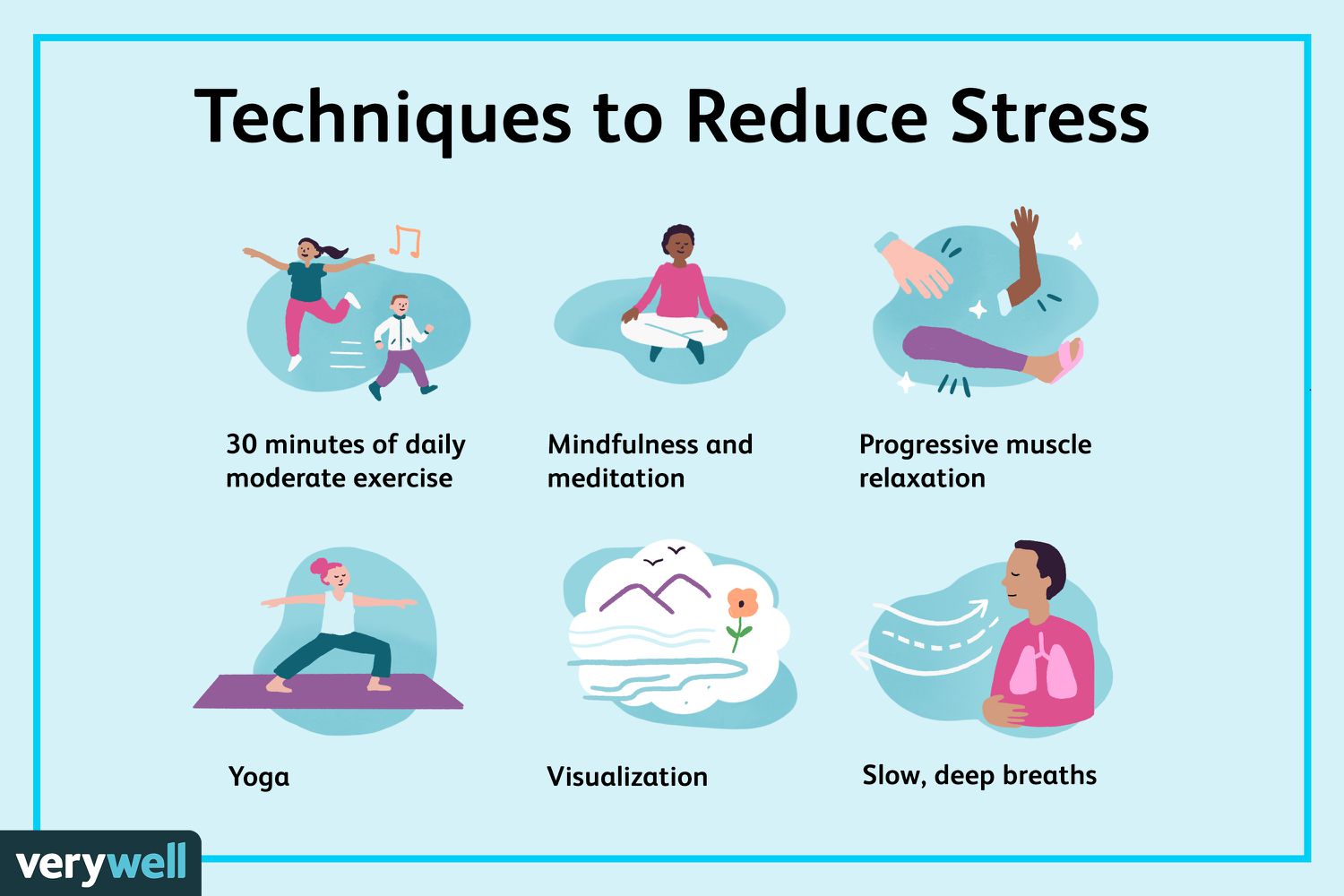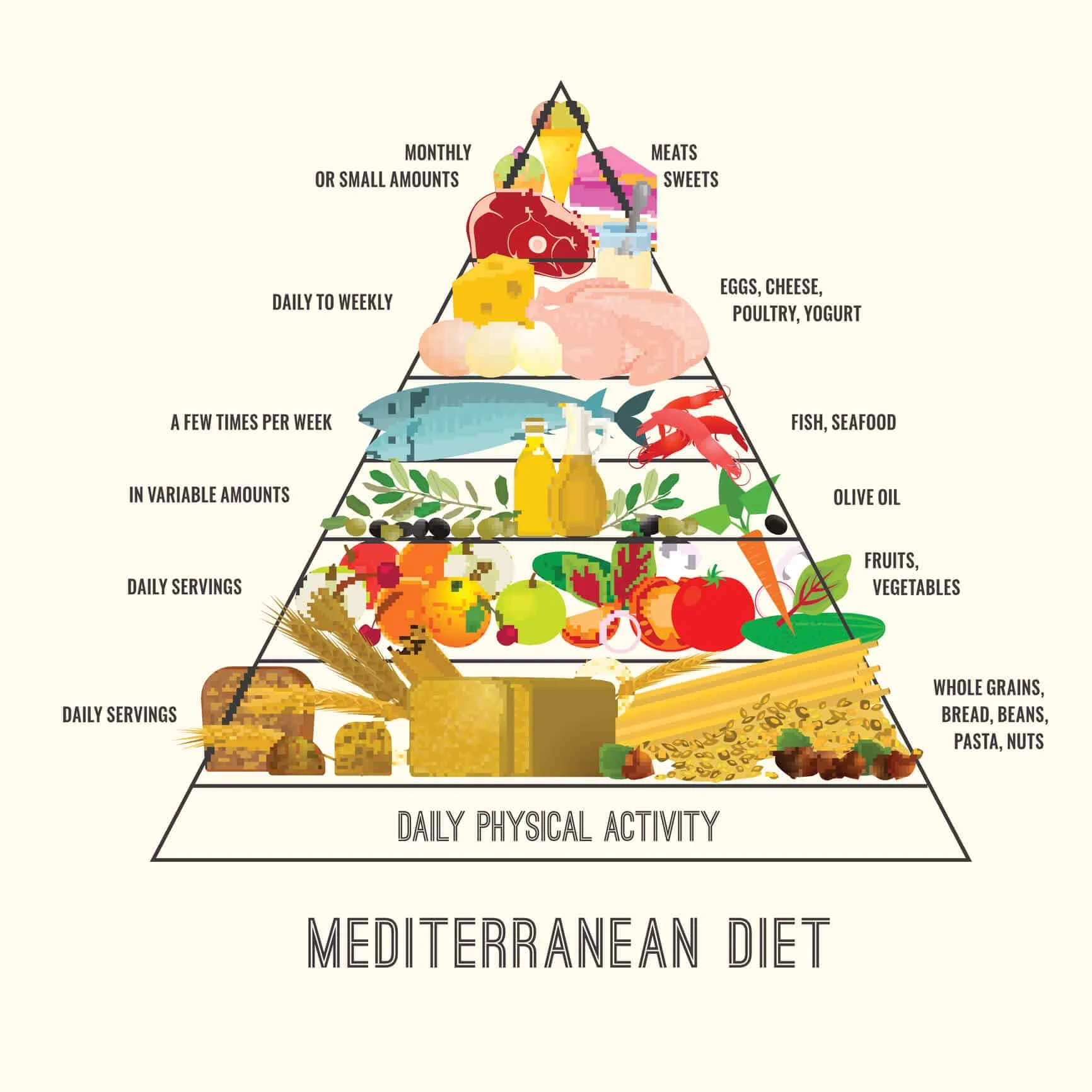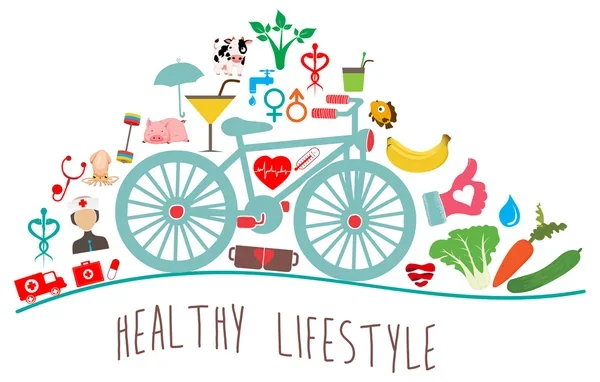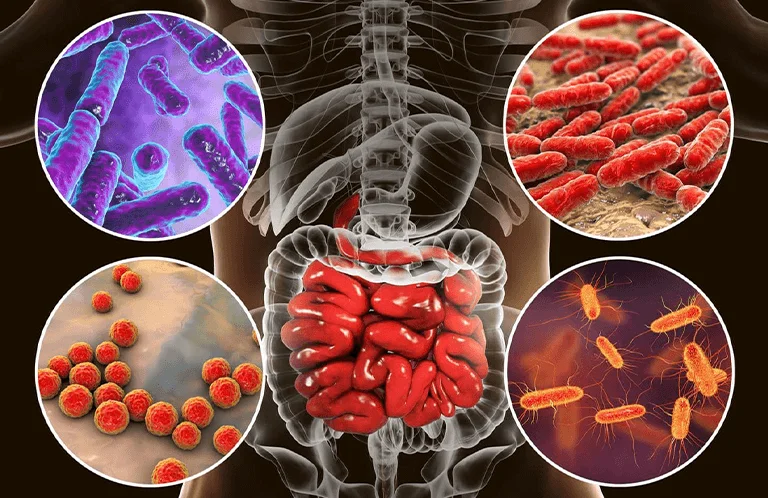Science Backed Techniques for Reduced Stress: Stress has become an inevitable part of modern life, affecting our mental and physical health. However, many science-backed strategies can help us effectively manage and reduce stress. This article explores these techniques, providing insight into their benefits and how to incorporate them into your daily routine.
1. Mindfulness meditation for Reduced Stress:
Mindfulness meditation is a practice rooted in ancient traditions that is gaining popularity in the modern world due to its numerous mental health benefits. Studies have shown that practicing mindfulness can significantly reduce stress levels. According to a study published in Psychosomatic Medicine, people who engaged in mindfulness meditation experienced reduced stress and improved overall well-being.
To practice mindfulness meditation, find a quiet place, sit comfortably, and focus on your breath. Allow your thoughts to come and go without judgment. Just a few minutes each day can help you develop a sense of calm and clarity, making it easier to deal with stress.
2. Physical activity for Reduced Stress:

Engaging in regular physical activity is one of the most effective ways to reduce stress. Exercise triggers the release of endorphins, the body’s natural mood elevator. A study published in the Journal of Clinical Psychiatry found that individuals who exercised regularly reported lower levels of stress and anxiety.
Aim for at least 30 minutes of moderate exercise most days of the week. This can be anything from brisk walking, cycling, swimming or even dancing. Finding an activity you enjoy will make it easier to stick to your routine, which will lead to long-term stress reduction.
3. Deep breathing techniques:
Deep breathing techniques can help activate your body’s relaxation response, counteracting the physiological effects of stress. Harvard Medical School research indicates that deep breathing lowers heart rate and blood pressure, leading to feelings of calm.
To practice deep breathing, sit or lie down comfortably. Inhale deeply through your nose for a count of four, hold your breath for a count of four, and exhale slowly through your mouth for a count of six. Repeat this cycle several times to relax and reduce stress levels.
4. Adequate sleep for Reduced Stress:
Sleep is crucial to maintaining mental and physical health, and lack of adequate rest can contribute significantly to stress. According to a study published in the Journal of Clinical Sleep Medicine, people who don’t get enough sleep are more likely to report higher levels of stress.
To improve the quality of your sleep, create a bedtime routine that promotes relaxation. This can include limiting screen time before bed, creating a quiet environment and maintaining a regular sleep schedule. Aim for 7-9 hours of quality sleep per night to help your body recover and manage stress effectively.
5. Time management techniques:

Poor time management can increase stress levels. According to research by the American Psychological Association, effective time management reduces stress and increases productivity.
To improve your time management skills, start by prioritizing tasks based on urgency and importance. Use tools like calendars, to-do lists or digital apps to keep track of your responsibilities Break big tasks into small, manageable steps to avoid feeling overwhelmed.
6. Social support:
Building strong social connections can act as a buffer against stress. Studies show that individuals with strong social networks experience lower levels of stress and better mental health. Getting involved with friends, family or support groups can provide emotional support during challenging times.
To improve your social support system, try to connect with loved ones regularly. Whether through phone calls, video chats, or in-person meetings, nurturing relationships can provide a sense of belonging and reduce feelings of isolation.
7. Eat healthy for Reduced Stress:

What we eat plays an important role in our mental health. A balanced diet rich in fruits, vegetables, whole grains and lean proteins can help our bodies cope with stress. Research published in Nutritional Neuroscience shows that certain nutrients such as omega-3 fatty acids, B vitamins and antioxidants can help reduce stress and anxiety.
Include nutrient-dense foods in your diet and limit processed foods, caffeine and alcohol, which can increase stress levels. Staying hydrated is also essential to maintaining optimal mental and physical health.
Incorporating these science-backed techniques into your daily routine can significantly reduce stress and improve your overall well-being. From mindfulness meditation and physical activity to healthy eating and adequate sleep, these techniques can help you manage your stress levels. Remember, managing stress is a personal journey, so experiment with different strategies to find what works best for you. By making small changes today, you can pave the way for a healthier, more balanced life tomorrow.
Read Also: How Cells Manage the Distribution of Lipids in Their Cell Membrane
![]()






One thought on “Science Backed Techniques for Reduced Stress”